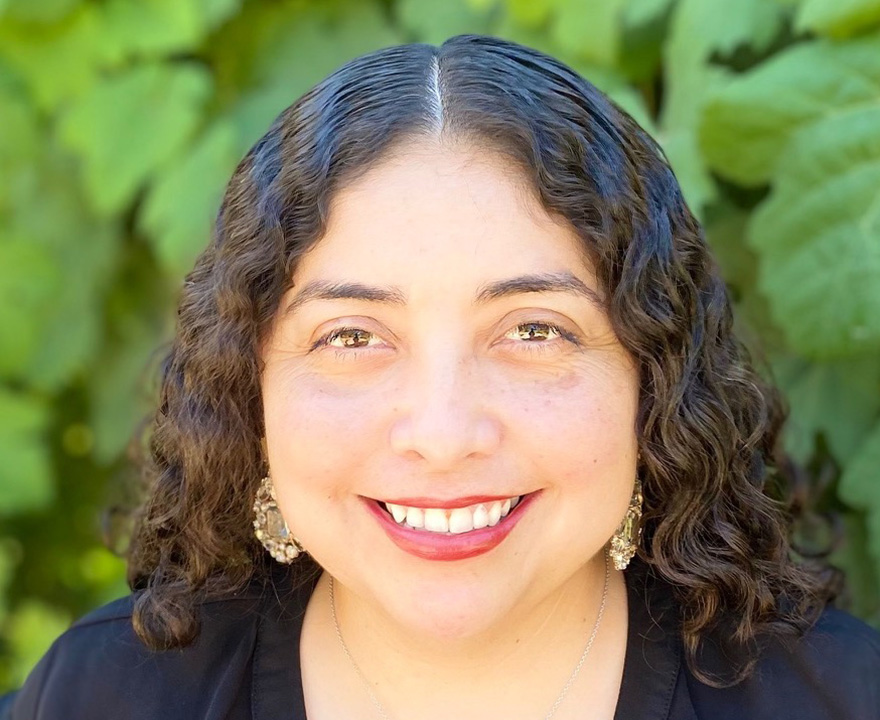Humanizing Acts: Resisting the Historical Erasures of the Global COVID-19 Pandemic across the U.S.-Mexico Borderlands

Humanizing Acts: Resisting the Historical Erasures of the Global COVID-19 Pandemic across the U.S.-Mexico Borderlands
- October 24, 2023
- UCHRI Foundry guest editorship series by Ana Elizabeth Rosas, associate professor of Chicano/Latino studies and history, explores transformative impact of COVID-19 on U.S.-Mexico borderlands through art, research, and education
-----
by Ana Elizabeth Rosas, associate professor of Chicano/Latino studies and history
Beginning in the Fall of 2022, my Foundry guest editorship titled Humanizing Acts: Resisting the Historical Erasures of the Global COVID-19 Pandemic across the U.S.-Mexico Borderlands moved me to invite interdisciplinary artists, students, and researchers to contribute to UCHRI’s project of “Recasting the Humanities.” Contributors worked together to consider how the impacts of the global COVID-19 pandemic across the U.S.-Mexico borderlands have rendered recognizing, discussing, and/or creating, researching, teaching, and writing about the realities of the pandemic a formatively humane, generative act towards contributing to the future of the humanities. This humane engagement entailed working together to consider how the enduring loss, contexts, connections, erasures, relationships, responsibilities, silences, vulnerabilities, and weight of the pandemic informed our approach to our artistry, creativity, research, teaching, and/or writing, especially as pathways to generatively humane accompaniments, connections, creativity, relationships, research methodologies, and/or spaces.
During the pandemic, the loss of millions of lives and the rigorous re-configuration of borders, boundaries, dislocations, disruptions, employment conditions and terms, invisibility, protocols, relationships, silences, visibility, and vulnerabilities has elevated the importance and meaning of working together. This humanizing engagement supports a transformative awareness, and connections that refuse to underestimate the pandemic’s enduring influence across a diversity of historical contexts, connections, emotions, feelings, interactions, relationships, struggles, and spaces that connect and stretch across the U.S.-Mexico borderlands.
Continue reading, courtesy of UCHRI Foundry: https://uchri.org/foundry/humanizing-acts-resisting-the-historical-erasures-of-the-global-covid-19-pandemic-across-the-u-s-mexico-borderlands/
-----
Would you like to get more involved with the social sciences? Email us at communications@socsci.uci.edu to connect.
Share on:


